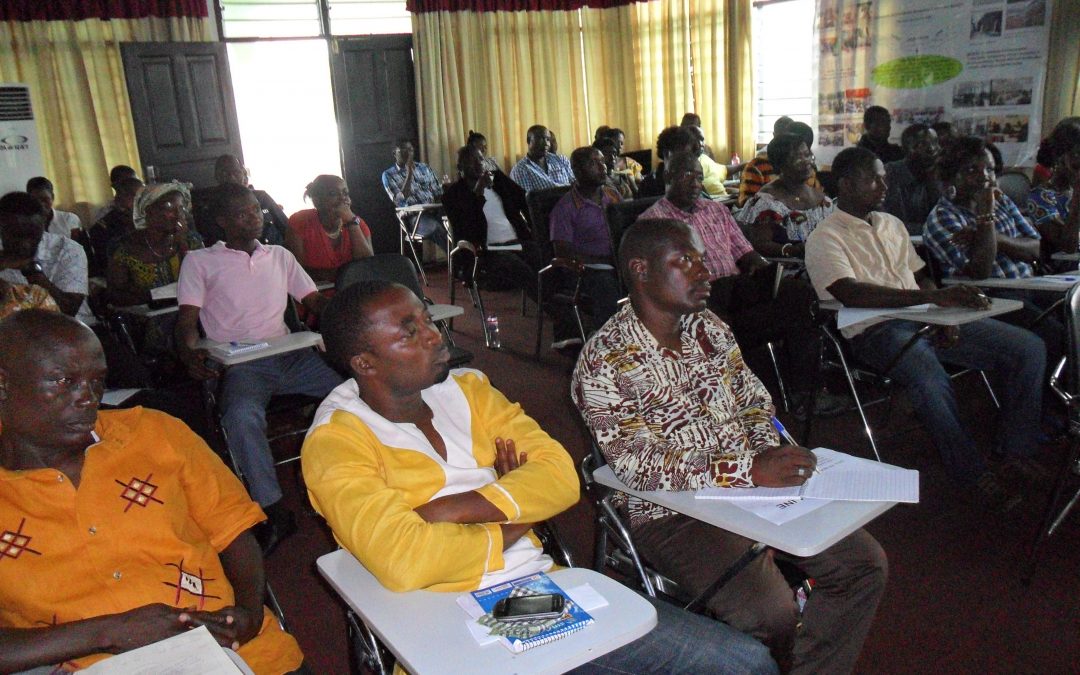The development of a country’s natural resources should be designed to secure the greatest social and economic benefit for its people without compromising on environmental sustainability. This requires a comprehensive approach in which government, civil society and the private sector engage each other at every stage of the decision chain to understand and address the critical issues. Successful natural resource management also requires government accountability to an informed public. Against this background, Friends of the Nation organized a Policy Dialogue Oil and Gas Governance under the theme “Strengthening Participation, Transparency and Accountability for effective Oil & Gas Governance: A focus on the socio-economic and environmental issues”. The meeting was held on June 13, 2013 at Half Assini in the Jomoro District.
The dialogue afforded the opportunity for citizens to directly engage with Regulatory Agencies, Local Government Authorities and other stakeholders to discuss the environmental, livelihoods and socio-economic concerns under the emerging oil & gas industry. Participants at the meeting were made-up of 60 stakeholders from Jomoro and Ellembelle Districts including CEMAGs, District Assembly Officials, traditional leaders, fisherfolks, farmers and Community-based Organisations. The dialogue was addressed by the Environmental Protection Agency (EPA), Ghana Airforce, Fisheries Commission and CEMAGs. These institutions/organisations provided insights of their various responsibilities and activities in monitoring oil & gas activities to ensure livelihood and environmental protection. They also responded to concerns and questions from participants.
Among other things, the Toll-free telephone line and On-line Monitoring Application which have been developed by Friends of the Nation for reporting and documentation of the impacts of oil and gas exploitation were introduced to participants.
The Coordinating team of CEMAGs in the Jomoro and Ellembelle Districts were also introduced. At the end of the meeting, participants made a call for improved transparency, accountability and environmental sustainability in the oil and gas sector including:
- Public disclosure of environmental reports from oil & gas companies
- Training of coastal communities to act as rapid response teams in the event of environmental pollution from oil & gas activities
- Guidelines for the payment compensation to communities affected by oil &gas activities
- Strengthening of CEMAGs to deepen their advocacy and environmental monitoring activities
- Adequate resourcing of regulatory agencies to ensure strict compliance to high environmental standards in the oil and gas industry

